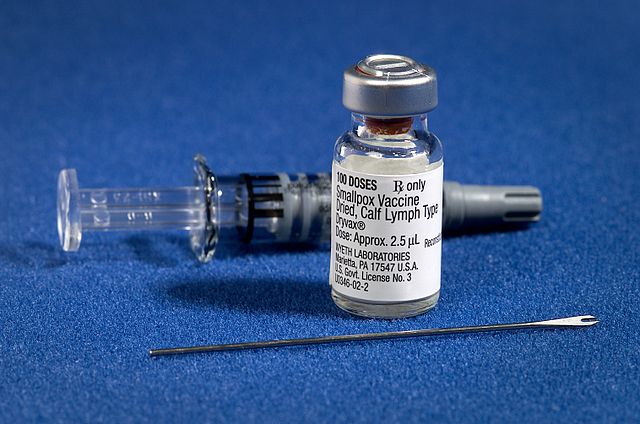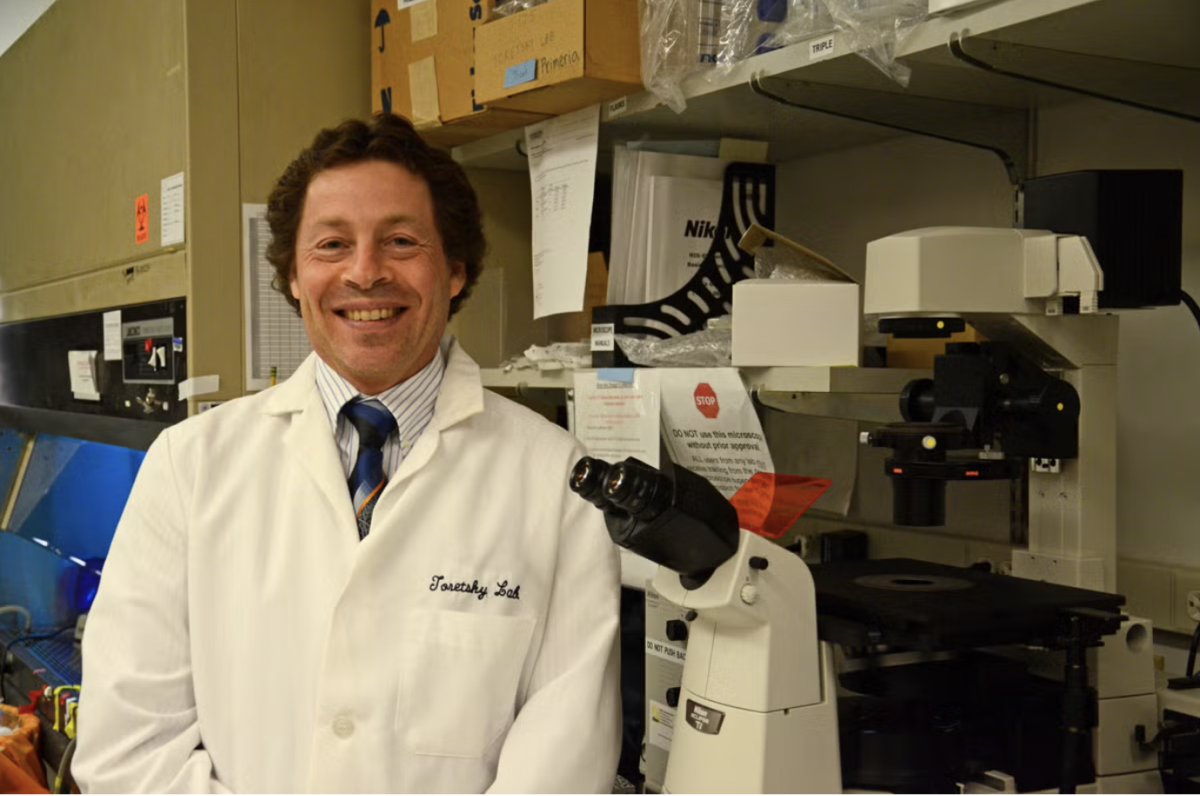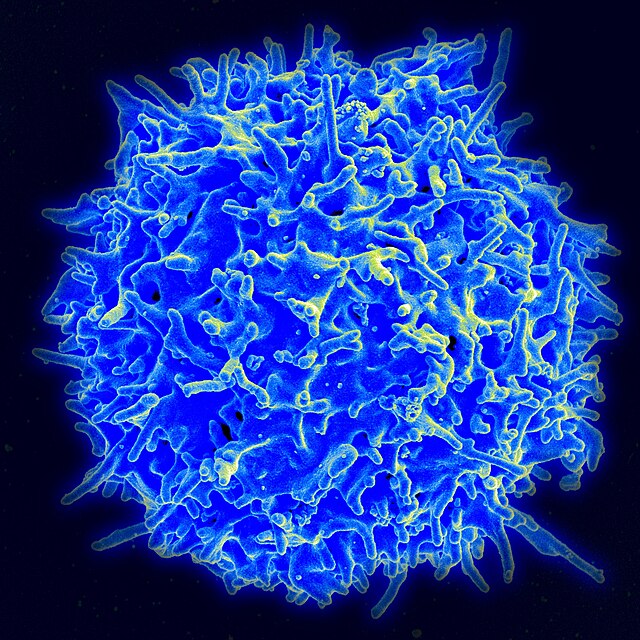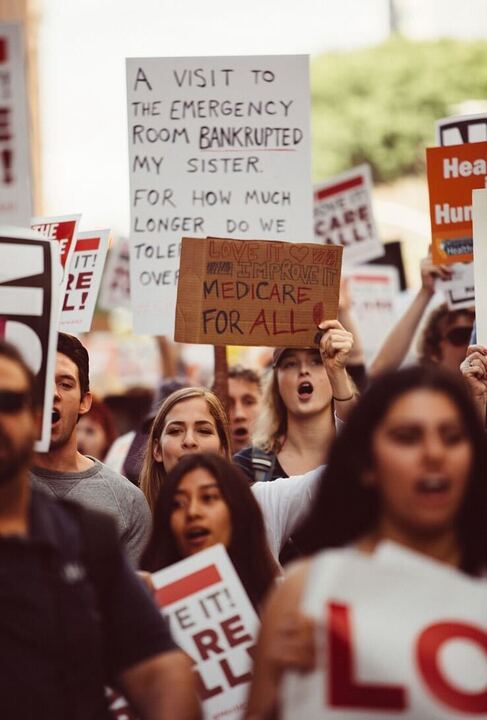The global human development (GHD) program at Georgetown University hosted a workshop organized by the Global South Coalition for Dignified Menstruation — an advocacy and education organization striving for universal tolerance and awareness of menstruation — and deliberated on the enduring issue of menstrual inequities in social, cultural, economic and environmental contexts Feb. 13.
Emily Friedman (GRD ’25), a second-year GHD student, led the workshop, which centered on personal stories and their translations to major social notions of shame, human rights violations and alienation for menstruating people across the world.
Friedman said she was in Nepal working in a youth group program when a young girl approached her with tears in her eyes, telling her that she didn’t want to go home and face the stigmatization of being on her period.
“Our organization was cautious of cultural boundaries, while recognizing that this is discrimination and sexual-and gender-based violence,” Friedman said at the workshop.
The young girl told Friedman and her colleagues that to return home was to consign herself to the typical fate of sleeping apart from her family and with the animals in an outer cowshed, in observance of cultural separation practices where periods are considered dirty.
The experience provoked Friedman’s interest in the concept of menstrual dignity — which the Global South Coalition for Dignified Menstruation defines as a “decolonized, innovative, holistic, transformative, inclusive and feminist human rights and life cycle approach for equality and justice in all aspects of life” — motivating her to anchor content in the transformative experiences of attendees with the organization. Their “train the trainer” model is an innovative mode of disseminating information and awareness about menstruation throughout communities globally, with structured workshops led by passionate female speakers and leaders.
Friedman said this mission of promoting menstrual dignity should be a key human rights issue for all.
“We are trying to get people to acknowledge menstruation as a dignity, as a human right. To reinforce this network of people, especially men and non-menstruators, in why it is critical,” Friedman said. “Dignified menstruation is everyone’s business.”
Friedman said the biological realities of menstruation are equally important as the drastic social conditions that shape how people from various cultural backgrounds view periods.
“Menstruation is the shedding of the innermost lining of the uterus every month in anticipation of fertilization. It’s interesting that when we talk about period blood in so many situations as dirty or unsanitary, it is the lining which actually fed all of us in the womb,” Friedman said.
A defining feature of the workshop was its emphasis on the individual experiences of attendees, enabling participants to reflect on their pasts and think of both the positives and negatives of menstrual experiences.
“From here, we’re going to draw out our menstrual journeys, creating a ‘river’ with the positives on one side and the negatives on the other,” Friedman said. “These will guide our discussion.”
Friedman led the group through an activity designed to foster an environment of trust and retrospection on vulnerable experiences that many menstruators are conditioned all their lives to keep secret.
Chantal Braunwalder (GRD ’26), a first-year GHD student, said she was intrigued by this new lens through which to view menstruation.
“It feels personal, but also ubiquitous,” Braunwalder told The Hoya. “Menstruation is not viewed holistically and not adjusted to how women actually function. Breaking the stigma and shame and having more empowering experiences talking about it, is important for an issue that touches all of our lives.”
A notable dimension of this workshop was to distinguish between cultural awareness and recognition of human rights abuses. Each of the tables in the room represented a region of the world, and participants were asked to take a seat at the table which most aligned with the place they call home. From the beginning, it was startlingly clear that, despite vast regional divides, the ever-present shame and exclusion that is associated with menstruation hung above all.
James Shecter, Friedman’s partner, said he attended the workshop as an ally looking to educate himself after spending most of his life in a male-centric environment.
“What I really learned was how little I knew. There’s an empathy gap I’m working to bridge, and it will take a life of learning to do that, but these types of sessions are great for it,” Skeeter told The Hoya. “This feels like a very central and intersectional issue that is at the root of many female empowerment dynamics.”
Throughout the workshop, Friedman fiercely reinforced that a main premise was upholding the right to menstruate safely and with respect in all societies, regardless of tradition or public perception.
“It is not a sign of weakness, and blood is not a disease,” Friedman said. “This blood is clean and pure, and allows us to exist.”







Tara • Feb 22, 2025 at 5:29 am
Incredible story highlighting an important global issue.